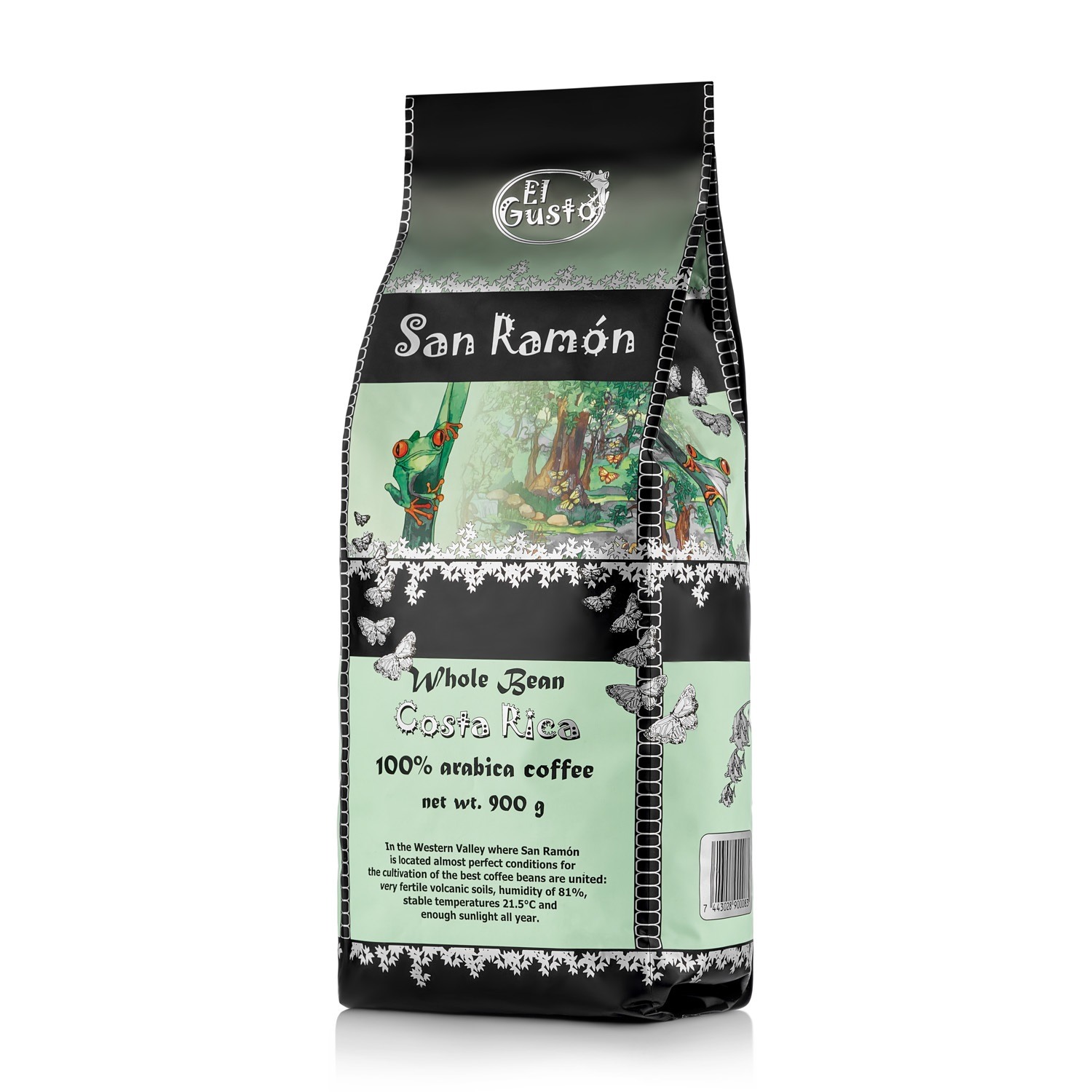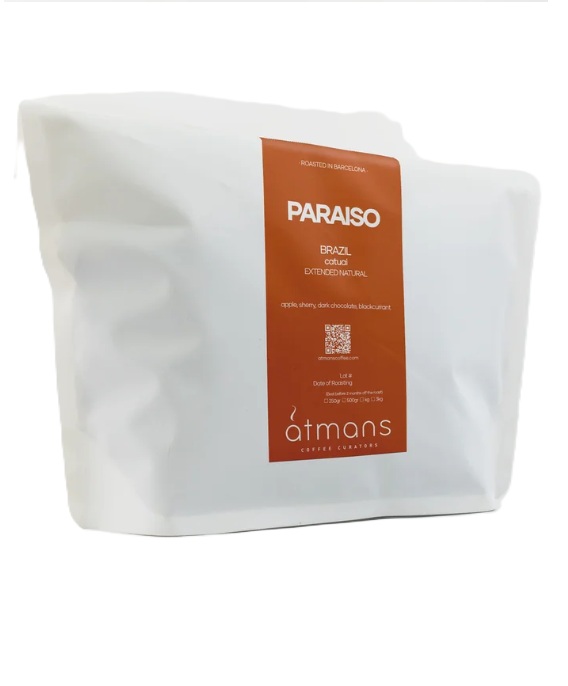
Coffee and Fitness: Fueling Your Workouts the Caffeinated Way
Coffee and Fitness: Fueling Your Workouts the Caffeinated Way
- Adam Smith
- 17-11-2023
- 17-11-2023
- 1448 views
- Coffee Health

In the world of fitness and exercise, finding the right fuel for your workouts is crucial. For many, the answer lies in a cup of coffee. Beyond being a morning pick-me-up, coffee has become a popular choice for those seeking an extra boost before hitting the gym or the pavement. In this blog, we’ll explore the relationship between coffee and fitness, delving into the benefits, the science behind it, and how you can make the most of this caffeinated ally to optimize your workouts.
The Benefits of Caffeine for Exercise
Caffeine, the natural stimulant found in coffee, has been a subject of interest in the fitness community for its potential performance-enhancing benefits. Here are some key advantages:
- Increased Energy Levels: Caffeine acts on the central nervous system, leading to increased alertness and reduced perception of effort, which can be particularly beneficial during strenuous workouts.
- Improved Endurance: Studies suggest that caffeine can enhance endurance by mobilizing fatty acids from the fat tissues, making them available for energy production.
- Enhanced Focus and Concentration: Caffeine has cognitive benefits, improving focus and concentration. This can be valuable for activities that require mental acuity, such as weightlifting or high-intensity interval training (HIIT).
- Reduced Perceived Effort: Caffeine can alter the perception of effort during exercise, making workouts feel less challenging, especially during activities like running or cycling.
The Science Behind Coffee and Exercise

Understanding the science behind how coffee influences the body during exercise provides valuable insights into its efficacy as a fitness aid.
- Adenosine Receptor Blockade: Caffeine works by blocking adenosine receptors in the brain, which promotes the release of neurotransmitters like dopamine and norepinephrine. This contributes to increased alertness and reduced perceived effort during exercise.
- Mobilization of Fatty Acids: Caffeine stimulates the release of epinephrine (adrenaline), which signals the breakdown of body fat, releasing fatty acids into the bloodstream for use as energy.
- Improved Muscle Contraction: Caffeine may enhance muscle contraction by increasing calcium release within muscle fibers, potentially improving strength and power output.
Optimizing Your Coffee for Workouts

To make the most of coffee as a workout companion, consider the following tips:
- Timing Matters: Consume your coffee roughly 30 minutes before your workout to allow caffeine levels to peak in your bloodstream. This timing aligns with the body’s peak cortisol production, enhancing the stimulant effect.
- Mind Your Dosage: The optimal caffeine dosage for performance benefits varies among individuals, but studies suggest that doses ranging from 3 to 6 milligrams per kilogram of body weight can be effective. Experiment to find what works best for you.
- Stay Hydrated: While coffee contributes to your daily fluid intake, it’s essential to hydrate adequately, especially during intense workouts. Water remains crucial for overall performance and recovery.
- Consider Pre-Workout Nutrition: Combining coffee with a light pre-workout snack can provide a well-rounded energy boost. Consider options like a banana with almond butter or yogurt with granola.
Conclusion
Coffee, with its caffeine content and various physiological benefits, can be a valuable ally in your fitness journey. Whether you’re a seasoned athlete or someone just starting with exercise, understanding how to leverage the power of coffee can enhance your performance, focus, and overall enjoyment of physical activity.
So, the next time you lace up your running shoes or grab those weights, consider reaching for a cup of coffee to fuel your workout—the caffeinated way.






















